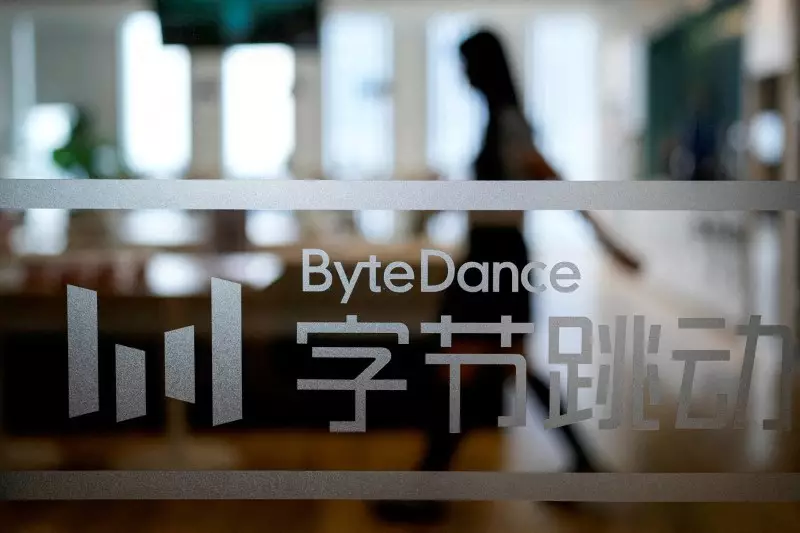In a bold move reflective of its confidence, ByteDance, the parent company of TikTok, has reportedly valued itself at approximately $300 billion following a recent share buyback offer. This valuation arises amidst significant challenges for TikTok, particularly in the U.S. market, where it faces the persistent threat of a ban driven by national security concerns. Notably, the company has communicated to its investors its intention to repurchase shares at a price of around $180 each, suggesting a strategic effort to bolster its market position despite turbulent external conditions.
The shifting political landscape appears to have influenced investor sentiments positively concerning TikTok’s future. Since the announcement of Donald Trump’s return to the political forefront, there have been murmurs among stakeholders that a such shift could bode well for TikTok’s operational viability in the U.S. Trump’s previous criticisms of TikTok, in which he labeled the application a national security risk, seem to have softened, especially after he acknowledged the need for competition within the social media space. During a Bloomberg BusinessWeek interview, he stated, “If you don’t have TikTok, you have Facebook and Instagram,” indicating a shift towards a more favorable view of TikTok’s role in the marketplace.
Despite the positive valuation and potential political backing, TikTok is not out of the woods yet. A law recently enacted by U.S. President Joe Biden mandates that ByteDance must sell its TikTok operations by January 19 or risk facing a full ban. The current administration’s stance is clear: they seek to eliminate Chinese ownership over the platform, citing national security implications, yet they also express an interest in preventing a complete ban of the app. This dual possibility of a sale or a ban reflects a complicated interplay of regulatory issues and the geopolitical tensions between the U.S. and China.
Complicating matters further, ByteDance has taken a proactive legal stance by filing a lawsuit in U.S. federal court. The lawsuit aims to block the aforementioned law signed by President Biden, illustrating the company’s readiness to challenge regulatory frameworks that threaten its operations. The outcome of this legal battle could set a considerable precedent, determining not only TikTok’s fate but also the future of other foreign-owned tech companies operating in the U.S.
As TikTok navigates these tumultuous waters, the interplay of valuation, regulatory challenges, and political dynamics creates a complex narrative. ByteDance’s ambitious self-valuation underscores its own confidence in TikTok’s potential, but the road ahead remains fraught with challenges. Stakeholders will be closely watching to see how these factors will eventually converge, influencing both the app’s future in America and ByteDance’s overall strategy. In an era marked by digital competition and regulatory scrutiny, TikTok stands at a pivotal crossroad that could redefine its trajectory in the global market.

